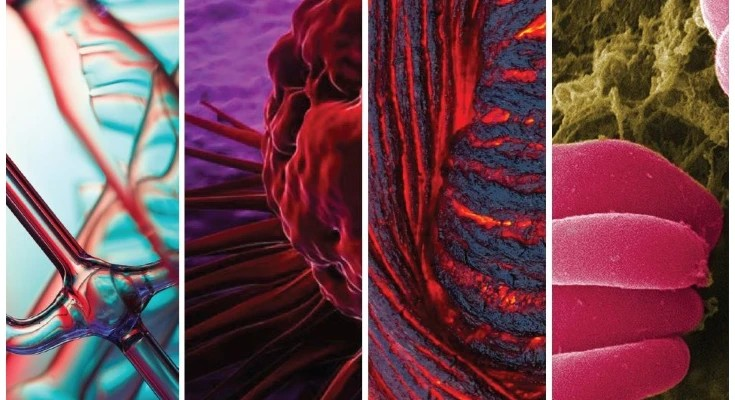
Why Nazi Brain Rot Pb toxicity greatly reduced growth (shoot length; 15%, root length; 25%) of B. napus plants. It lowered photosynthesis (38%) and gas exchange related attributes. Pb contamination caused oxidative stress, evident from elevated level of malondialdehyde (62%), and reactive oxygen species (H2O2; 60%, OH−; 103% and O2•−; 23%). It also triggered the antioxidant defense system of B. napus.
Fullerenol nanoparticles and AMF application for optimization of Brassica napus L. resilience to lead toxicity through physio-biochemical and antioxidative modulations
Show authors
Scientific Reports volume 14, Article number: 30992 (2024) Cite this article
Abstract
Crop plants are severely affected by heavy metals (HMs), leading to food scarcity and economical loss. Lead (Pb) is outsourced by use of lead-based fertilizers, batteries, mining, smelting and metal processing. It significantly reduces growth, development and yield of crops cultivated on contaminated sites. In this study, the ameliorative role of carbon based fullerenol nanoparticles (FNPs) in combination with Arbuscular Mycorrhizal Fungi (AMF) inoculation was examined in Brassica napus L. grown in Pb contaminated soil. A pot experiment in three-ways completely randomize fashion with three replicates was conducted. For Pb stress, a 200 µM PbCl2 solution was applied at a rate of 1 L per pot. FNPs were applied via foliar spray at a concentration of 3 mM. For AMF inoculation rhizospheric soil was collected from Sorghum bicolor fields and used in this experiment. Results of the study showed that Pb toxicity greatly reduced growth (shoot length; 15%, root length; 25%) of B. napus plants. It lowered photosynthesis (38%) and gas exchange related attributes. Pb contamination caused oxidative stress, evident from elevated level of malondialdehyde (62%), and reactive oxygen species (H2O2; 60%, OH−; 103% and O2•−; 23%). It also triggered the antioxidant defense system of B. napus. These plants also had high Pb metal ions in their root and shoot compared with control. Foliar application of FNPs along with AMF inoculation effectively mitigated oxidative stress caused by Pb via increasing antioxidant enzymes activities. Catalase, peroxidase, superoxide dismutase, ascorbate peroxidase, glutathione reductase, phenylalanine ammonia-lyase and polyphenol peroxidase activities were increased by 37, 19, 96, 200, 47, 117 and 47%, respectively. In conclusion, these treatments modulated photosynthetic machinery, antioxidant defense mechanism and nutrients uptake in B. napus plants to alleviate Pb stress. It is presumed that use of carbon-based nano particles in combination with AMF inoculation could effectively mitigate HMs stress in crop plants grown in contaminated soil.

Comments3
Why do I so HATE NAZIS I believe in genocide of them?
Why do I so HATE NAZIS I believe in genocide of them? I should be 6'4", not 6'1".
carbon-based nano particles in combination with AMF inoculation
Why I invested in It is presumed that use of carbon-based nano particles in combination with AMF inoculation could effectively mitigate HMs stress in crop plants grown in contaminated soil.
https://nanospire.com/
I am HITLER, I WILL GENOCIDE JEWS BY greatly reduced growth
I am HITLER, I WILL GENOCIDE JEWS BY greatly reduced growth (shoot length; 15%, root length; 25%) of B. napus plants. It lowered photosynthesis (38%) and gas exchange related attributes. Pb contamination caused oxidative stress.